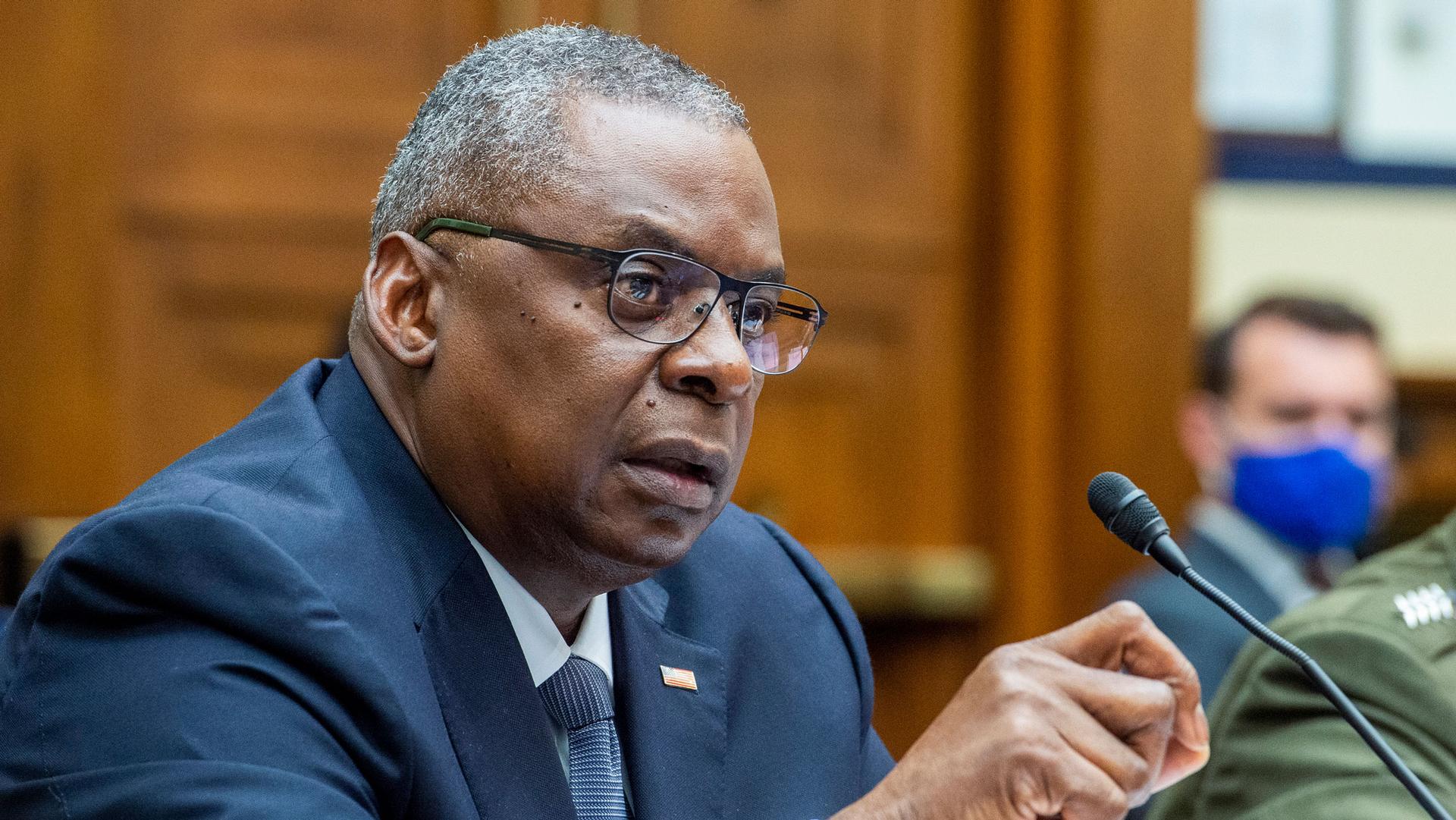This analysis was featured in Critical State, a weekly foreign policy newsletter from Inkstick Media. Subscribe here.
Last week on Deep Dive, we looked at new research on why people who are worried about the security implications of the shift toward renewable energy need to take a deep breath. This week, we’ll investigate the geographic center of the tension between climate security anxiety and climate change denial: the United States Department of Defense.
Related: Political climate: Part I
The sheer perverseness of the relationship between the Pentagon and climate action is hard to overstate. On one hand, the Pentagon is, in a very real sense, the problem. The US military is the single-largest petroleum consumer in the world and also the largest greenhouse gas emitter. If the Defense Department was a country, it would be the 55th-largest carbon emitting country in the world, worse than Morocco, a country with 37 million people. US military might, in other words, is bad for the planet.
On the other hand, due to a strange quirk of US politics, the Pentagon is charged with managing the problem – or at least its secondary consequences. The US government is worried about the effects of climate change on the international security environment, and has charged the arch-polluters over at the Defense Department with making sure that none of those effects blow up in the national face. In planning and national strategy documents, the Pentagon is required to explain how it will burn more fossil fuels to limit the security fallout of burning fossil fuels.
A new article by researchers Mackenzie Burnett and Katherine Mach in the journal Global Environmental Change interrogates this contradiction. The authors reviewed a range of national security documents and conducted 42 interviews with climate security researchers and Pentagon national security practitioners to understand how climate issues actually get treated inside the five sided puzzle palace.
In some ways, the researchers and the practitioners had similar approaches to thinking about climate and security. They agree that climate change is real, and that it poses a major threat in the form of both natural disasters and political upheaval. However, they also disagree on some main points. Researchers all understand that the effects of climate change are upon us already, and that the threats it poses will manifest in the short term as well as the long term. Practitioners, conversely, were much less likely to see climate change as a short term threat. Even among the Defense Department planners who personally believed that climate change is an urgent issue, most felt that their colleagues saw it as a concern for the future and a low priority. Indeed, practitioners rated the importance of climate in their work a 3.67 out of 10. Researchers averaged 7.05 out of 10.
Even the practitioners Burnett and Mach spoke to agreed that this disconnect is a policy problem for the Defense Department. Though part of the challenge of taking climate seriously at the Pentagon is political – researchers and practitioners both agreed that the Trump administration reduced focus on climate, a perception borne out by the distinct drop in the number of Pentagon documents discussing the issue – the lack of focus on the problem inside the Department is also institutional. In their interviews, many practitioners volunteered that climate awareness in the Pentagon has not kept pace with increased concern about the issue in the general public. As a result, climate discussions lack urgency, and climate is only applied selectively as a justification for future planning.
Of course, climate issues have been getting kicked down the road for years and years at this point. The US Navy formed a Task Force on Climate Change in 2009 – a move that felt overdue then – only to see it disbanded in 2019. Until political momentum inside and outside the Pentagon align, there will likely be no moment at which the long term concerns of the practitioners suddenly become short term concerns. The Pentagon still has a long way to go to come to terms with its role as both a polluter and a manager of pollution’s ill effects.
Critical State is your weekly fix of foreign policy without all the stuff you don’t need. It’s top news and accessible analysis for those who want an inside take without all the insider bs. Subscribe here.
Our coverage reaches millions each week, but only a small fraction of listeners contribute to sustain our program. We still need 224 more people to donate $100 or $10/monthly to unlock our $67,000 match. Will you help us get there today?
